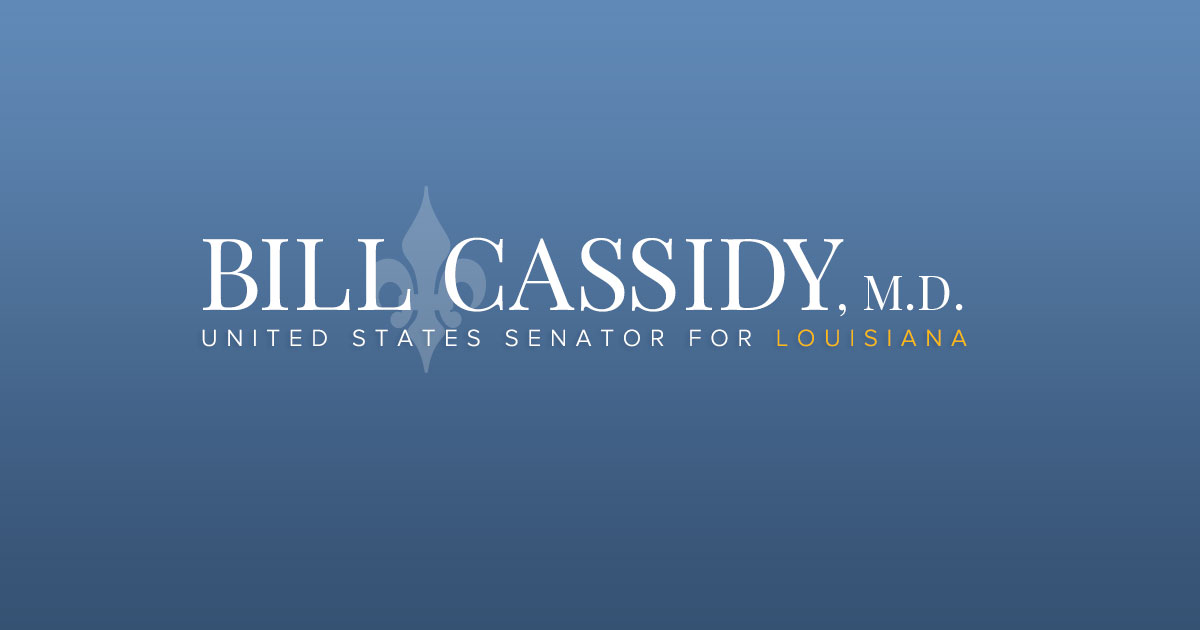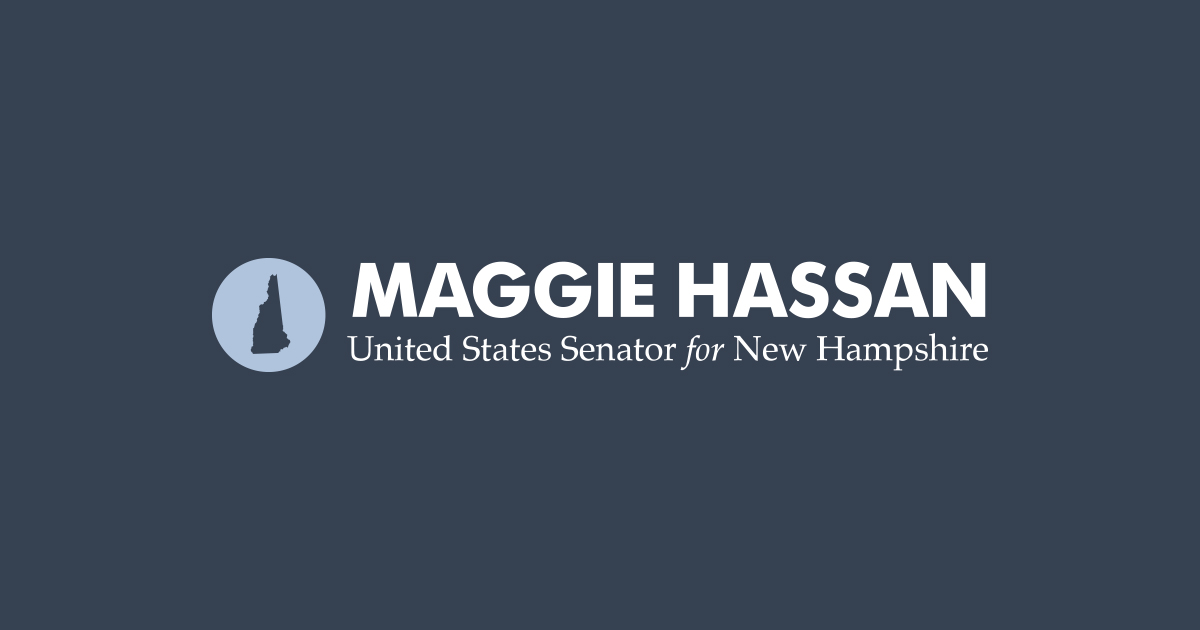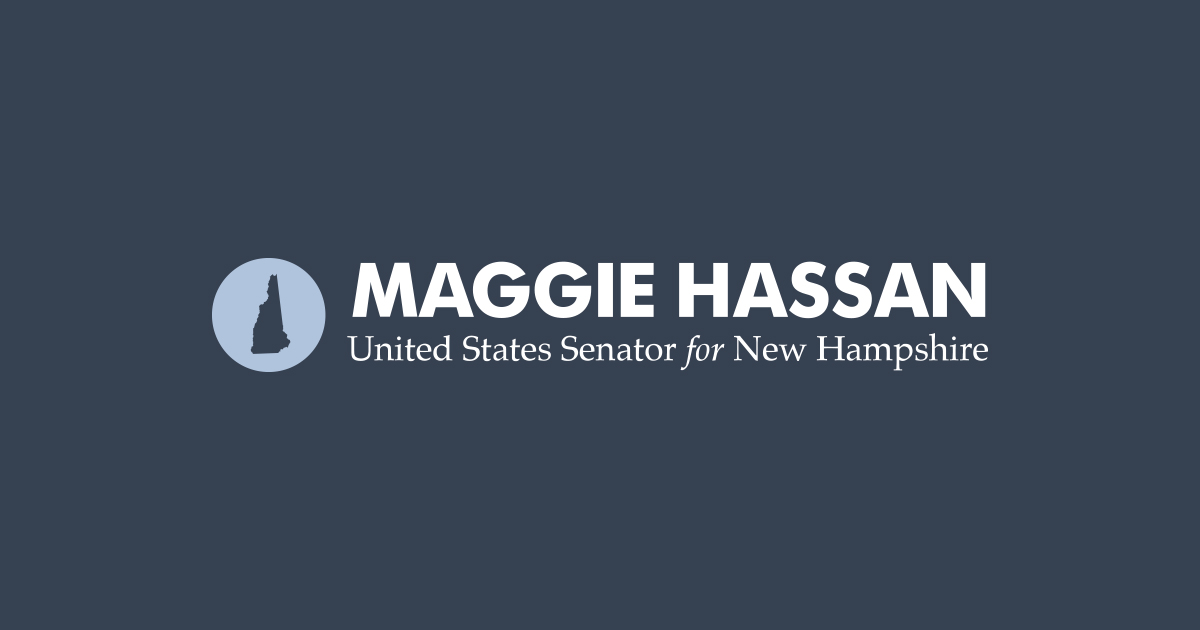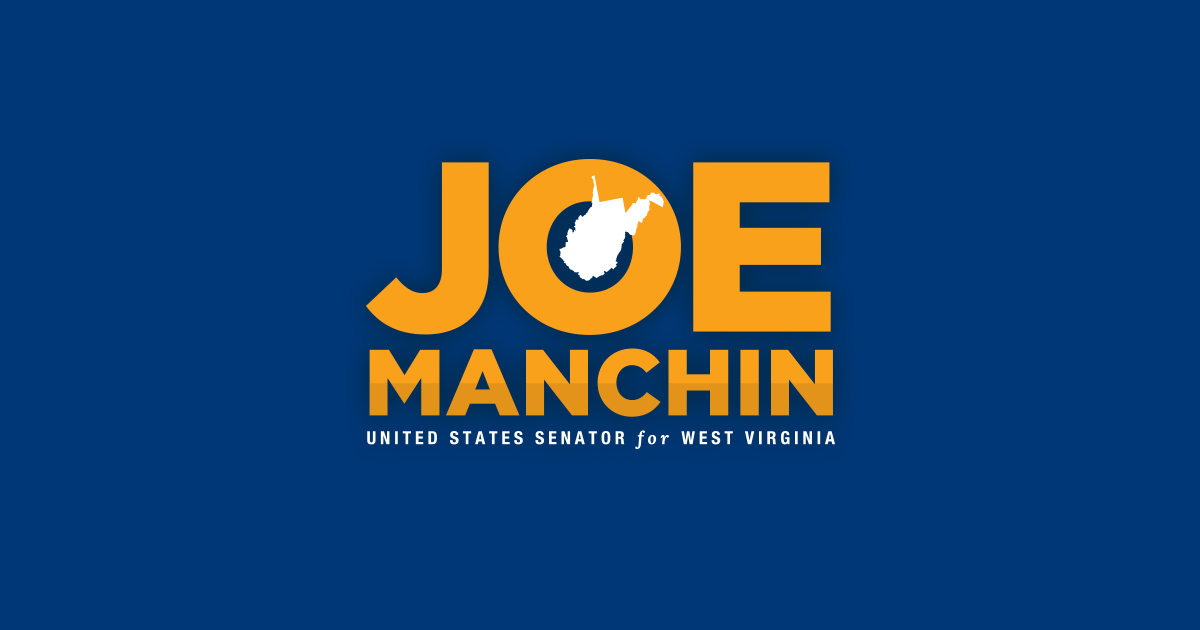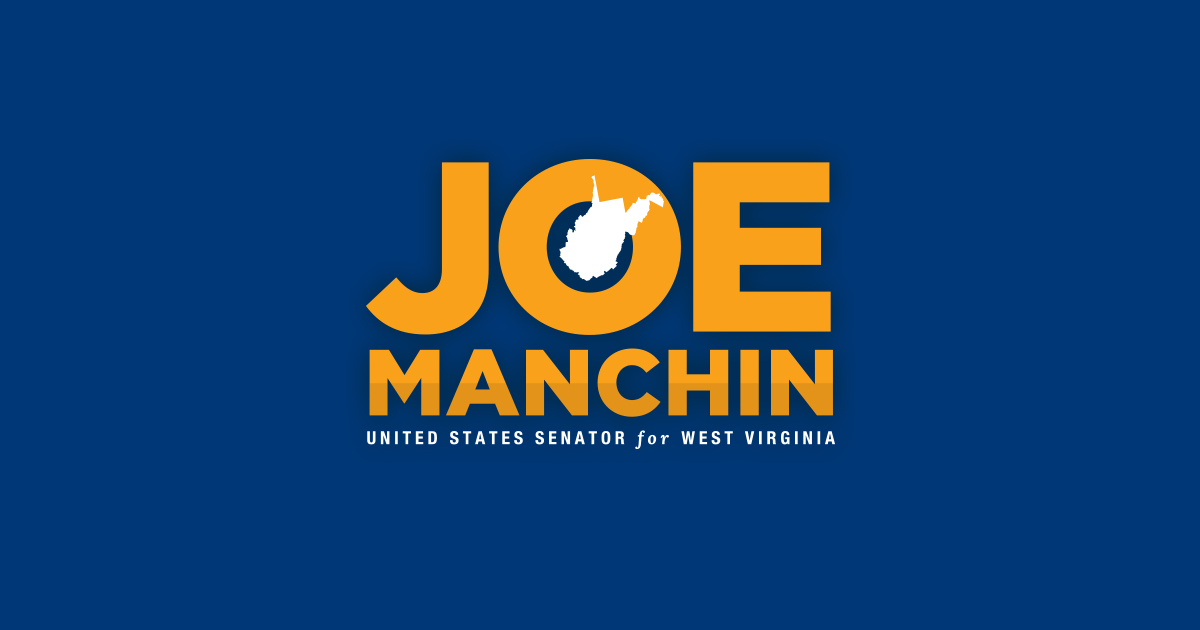Source: United States Senator for New Jersey Bob Menendez
WASHINGTON – U.S. Senator Bob Menendez (D-N.J.), Chairman of the Senate Foreign Relations Committee, today took to the Senate Floor to deliver remarks on the state of U.S.-Russia relations and the need to respond to the Kremlin’s continued aggressions. The Chairman’s speech came in advance of next week’s summit in Geneva at which President Joe Biden will meet with Russian President Vladimir Putin.
“I appreciate the Biden administration’s desire for a stable and predictable relationship with Russia but sometimes, we don’t get to choose the circumstances of our engagement. And when we take stock of Russia’s behavior in recent years, we see that in every arena, Putin has chosen escalation over stability and predictability,” Senator Menendez said, calling for the United States government to hold Russia accountable for its destabilizing behavior and malign efforts to sow chaos worldwide. “Next week in Geneva, I have every expectation that President Biden will be more assertive with Putin than his predecessor. I urge him to seize this opportunity to call out the Kremlin for its litany of aggressive actions and announce appropriate measures in response.”
CLICK TO WATCH
In addition to condemning Russian-based efforts to undermine Ukrainian sovereignty and attack American businesses, hospitals, pipelines, city governments, and democracy, Senator Menendez also expressed concerns over Russian corruption and the ongoing and tragic repression of the Russian people.
“We know that it will be the people of Russia – not the United States or anyone else – who will steer their struggle for democracy and ultimately determine their own destiny. Yet as Americans we must stand in solidarity with the Russian people,” Senator Menendez added. “We are dealing with a mafia state run by a vicious authoritarian and his inner circle of corrupt oligarchs, not a normal country. We are dealing with a criminal enterprise, not a democratic government. And as President Biden knows, and has said, when it comes to Putin we are dealing with a ruthless killer. We should act accordingly.”
Find a copy of Chairman Menendez’s remarks as delivered below.
“Mr. President, I come to the floor in advance of next week’s summit in Geneva, during which President Biden will meet with Russian President Vladimir Putin for the first time as Commander-in-Chief.
I would therefore like to share my views on the current state of U.S.-Russia relations, and how we must respond to the Kremlin’s continued aggression.
I have spent years deeply engaged in efforts to hold Russia accountable for its aggressive and destabilizing behavior under Putin.
During the Obama administration, I worked to hold Russia accountable for its invasion of Ukraine. Indeed, I was sanctioned by Putin himself for taking up the cause of Ukrainian sovereignty and freedom.
During the 2016 election cycle, I sounded the alarm over Russian efforts to sow chaos in our elections long before we knew of the extent and sophistication of the Russian cyber campaign to undermine American democracy.
And throughout the previous administration, I called out President Trump for cowering to Putin at every turn.
Trump’s refusal to hold Putin to account for attacking our elections was a key motivator behind the Senate’s passage of the Countering America’s Adversaries Through Sanctions Act, otherwise known as CAATSA.
This comprehensive framework for oversight and accountability in U.S. policy toward Russia remains the law of the land and the guiding mandate for how the U.S. must respond to Kremlin aggression.
I appreciate the Biden administration’s desire for a stable and predictable relationship with Russia but sometimes, we don’t get to choose the circumstances of our engagement.
And when we take stock of Russia’s behavior in recent years, we see that in every arena, Putin has chosen escalation over stability and predictability.
Next week in Geneva, I have every expectation that President Biden will be more assertive with Putin than his predecessor.
I urge him to seize this opportunity to call out the Kremlin for its litany of aggressive actions and announce appropriate measures in response.
The President can start with Russia’s growing aggression in cyberspace, starting with last year’s SolarWinds cyber-attack.
We know that Putin’s foreign intelligence service orchestrated this attack, and that he must be held accountable for it as well as the more recent hack of USAID and its network of contractors and grantees.
And while I’m unaware of any evidence that the most recent ransomware attacks on U.S. infrastructure were orchestrated by the Russian state, we know, however, that the criminal gangs operate on Russian soil and we believe that it is those criminal gangs that did such attacks.
The U.S. must make clear that harboring criminals who seek to attack American businesses, hospitals, pipelines, city governments and other institutions is wholly unacceptable.
Let me move on to Ukraine. I urge President Biden to reiterate our policy of non-recognition of Russia’s illegal annexation of Crimea and call for a serious return to the negotiations to the end of the war in Donbas.
The U.S. must have a seat at the table in the Normandy format and make a concerted effort to end the war on Ukrainian soil that has gone on for far too long.
An acceptable resolution to this conflict will not come without robust U.S. engagement, the likes of which we have not seen for years. I am glad that President Zelenskyy will visit Washington in the next month or so and we look forward to meeting him in the Senate.
NATO too shares a responsibility to take concrete steps next week in support of Ukraine. The essential security assistance provided by the United States and others must be backed up by tangible progress towards NATO membership for Ukraine and Georgia.
The door was opened 13 years ago at the Bucharest Summit. We’ve seen little progress since then. As these countries continue pursuing the necessary reforms – necessary for ultimate entrance into NATO – NATO has an obligation to start the Membership Action Plan process.
On Nordstream, the Administration should reconsider sanctions waiver on NS2 AG and Matthias Warnig. If the pipeline is completed, the U.S. should work to ensure that it does not become operational.
This pipeline is a bad deal for Europe and its energy security, and strongly opposed by citizens across the European continent.
And despite what some have said, it is not too late for the United States to make a tangible difference here.
We can stop this malign Kremlin influence project if we act with resolve and a real diplomatic strategy.
Last week, Putin said that Ukraine must show goodwill if it wants gas to flow through to Europe.
What is Putin’s definition of goodwill, exactly? For the people of Ukraine to cease defending their sovereignty?
Such bellicose statements tell us that Putin is confident. He is emboldened. Does anyone really believe that Putin would not cut off gas flow through Ukraine once Nordstream is complete?
The United States cannot not accept this insidious behavior. We need a real strategy with respect to Nordstream.
In Syria, Russia continues to aid and abet the brutal and criminal Assad regime only to secure its own interests – namely, military access to the Mediterranean through which it can threaten the Europeans’ southern flank.
Indeed, last year the United Nations accused Russia itself of war crimes in Syria for multiple incidents of launching indiscriminate attacks on civilian areas. In three years alone, the Syrian Observatory for Human Rights estimated that Russian military activities in Syria caused nearly 18,000 casualties, including 8,000 civilians. Let me be clear – these are war crimes, and there must be accountability.
Even as President Biden looks for limited ways to cooperate with Russia in Syria to try to promote some stability and humanitarian access, he must not overlook this grim track record and seek to hold Putin to account. The world is watching, but the United States will stand up for the vulnerable and the voiceless.
Let me now turn to the ongoing and tragic repression of the Russian people.
Earlier this year, the world drew inspiration from the courage of Russian protestors who rallied in support of Alexei Navalny and a democratic future.
We know that it will be the people of Russia – not the United States or anyone else – who will steer their struggle for democracy and ultimately determine their own destiny.
Yet as Americans we must stand in solidarity with the Russian people.
I applaud President Biden’s commitment to make democracy and human rights the centerpiece of U.S. foreign policy. What does that mean for our approach to Russia?
First, we must respond to egregious chemical weapons attacks whenever and however they take place.
The Chemical and Biological Weapons Act required the Administration to announce a new round of sanctions by June 2nd in response to Russia’s chemical weapons attack and poisoning of Alexei Navalny.
This deadline has passed.
The Trump administration regularly missed congressionally mandated deadlines. I think back to the Skripal attack and how President Trump delayed a decision for months.
However, I expect better from this administration. President Biden and his team must announce these sanctions this week, for Putin has shown no remorse for these vile actions, and Russia has taken no steps to rectify them.
A democracy and human rights centered foreign policy also means countering corruption. I welcome the White House initiative announced last week.
Since January, we’ve seen the President back up this commitment by imposing sanctions on corrupt actors from Bulgaria to Albania to the Democratic Republic of Congo.
But moving forward, we must do more to focus this tool on Russia – the primary source of so much of the corruption we see around the world.
The most effective sanction on Putin’s inner circle of oligarchs is to deny them and their families access to the west. We must cut off their ability to travel and use the western financial system to funnel the assets they’ve systematically stolen from the Russian people over the course of several decades.
Alexei Navalny and others, like the Organized Crime and Corruption Reporting Project, have done excellent work exposing Putin and his cronies. The U.S. Treasury Department and the European Union should evaluate their research and chart a course for action.
We must also directly engage with the Russian people, and make clear that our problems are not with them, but their Government.
I urge President Biden to make a direct appeal to the Russian people over Youtube, communicate our views and concerns to the Russian people and provide his vision for what a positive U.S.-Russia relationship could look like.
The U.S. should also increase exchange programs with Russia, assuming the Russian government would allow its people to participate.
Unfortunately, everyday Russians’ access to fact-based information and reporting is dwindling in the face of Kremlin crackdowns on journalism and pervasive propaganda.
I am especially outraged by the Russian government’s decision to label Radio Free Europe / Radio Liberty in as Russia a foreign agent, subject it to fines and kick it out of the country all for supporting Russian journalists who report on the truth, a commodity in short supply in Russia these days.
These actions are disgraceful. And it’s worth noting that as legitimate news sources like Radio Free Europe/Radio Liberty come under fire in Russia, Kremlin propaganda arms like RT and Sputnik continue to operate freely here in the United States. We allow them to freely operate. But they are Russian state-sponsored enterprises. Perhaps it’s time we reconsider how easily the Kremlin can disseminate disinformation to the American people.
Meanwhile, several Americans remain unjustly detained in Russia, including Paul Whelan and Trevor Reed. The Kremlin’s Kafka-esque treatment of American citizens must stop and President Biden should make their return a priority of the visit.
Finally, our Embassy presence in Moscow faces increasing, growing pressure from the Russian authorities as they seek to restrict visas for embassy staff. This has to stop.
In my view, if Russian diplomats’ visas expire here in the United States, then they must leave. Extensions should only be granted when we see reciprocity on the other side.
No more games. We have tolerated Kremlin abuse of this process for too long and it has to stop.
In the short time I’ve stood on this floor today, I’ve provided but a glimpse of some of the most challenges issues facing the U.S.-Russia relationship, most of which were ignored by the previous administration.
President Biden must correct course and forcefully press these matters in Geneva.
However, there is one area that demands real negotiation with Moscow: the issue of arms control.
I supported the extension of the New START treaty. It advances U.S. interests, constrains Russia’s strategic nuclear forces, requires stringent verification to ensure Russia meets its commitments, and affords us the flexibility needed to maintain a safe, secure, modern, and effective nuclear deterrent.
The question is, with New START extended, where do we go from here?
I agree with President Biden that establishing a strategic stability dialogue with a country capable of destroying the United States is essential.
Russia continues to pursue new destabilizing nuclear systems and actively threatens our allies with shorter-range nuclear weapons.
However, we cannot view this challenge solely through a military lens. Diplomacy must lead our efforts to reduce nuclear tensions going forward – and this summit would be a good place to start.
Last week in the Washington Post, former Ambassador to Russia Mike McFaul wrote that the Biden administration ‘cannot freeze US-Russia relations in place to focus on the greater challenge of China.’
I believe he is right. Addressing one challenge cannot come at the expense of other critical U.S. interests.
Whether we like it or not, the Kremlin clearly sees the United States as its primary adversary and remains intent on challenging us at every turn.
Past administrations have tried to ignore or minimize the threat. It doesn’t work. We need an assertive and comprehensive strategy, one that holds the Kremlin accountable and even puts them on their heels from time to time.
The United States of America always aspires to have a stable, predictable relationship with every country around the world.
But stable and predictable partners do not use chemical weapons to wipe out their political opposition.
Stable and predictable partners do not tear chunks of territory from their neighbors.
Stable and predictable partners don’t commit war crimes in places like Syria.
Vladimir Putin has been president for 20 years now. After all this time, we know what we are dealing with – and it is not a stable and predictable partner.
We are dealing with a mafia state run by a vicious authoritarian and his inner circle of corrupt oligarchs, not a normal country.
We are dealing with a criminal enterprise, not a democratic government.
And as President Biden knows, and has said, when it comes to Putin we are dealing with a ruthless killer. We should act accordingly.”
###
